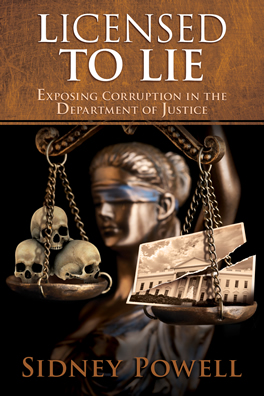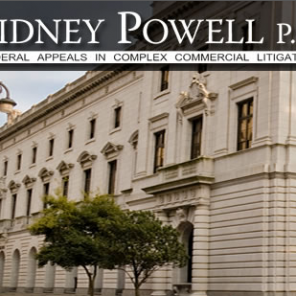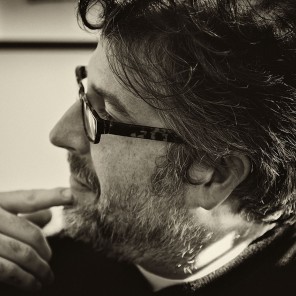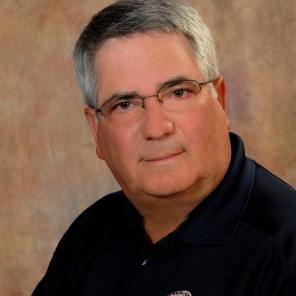Free after 11 years of wrongful imprisonment!
 For different reasons, but like Michael Morton in Texas, a California man spent 11 years in prison for a murder he did not commit. Finally, DeAndre Howard is a free man. As the Los Angeles Times reports:
For different reasons, but like Michael Morton in Texas, a California man spent 11 years in prison for a murder he did not commit. Finally, DeAndre Howard is a free man. As the Los Angeles Times reports:
Not only had Howard always maintained his innocence, but in 2004, one of the attempted murder victims wrote a declaration that “the truth remains that DeAndre Howard never attempted to murder me. Neither did he murder victim Mark Anthony Freeman.” Howard’s defense attorney at the time of trial did not even interview the victim, Ragland, before the trial.
From behind bars, Howard fought for his innocence. He began filing a flurry of appeals, which hinged on his belief that his trial lawyer hadn’t properly defended him. His main point of concern was that his lawyer had never interviewed Ragland despite Howard’s entreaties to do so. Howard said his position was bolstered in 2004 when Ragland sent a letter to Howard’s appellate attorney saying that Howard wasn’t the gunman.
The California state courts had summarily rejected his claims-obviously giving no thought to the facts or issues, and the federal district court denied his habeas petition.
It took the Ninth Circuit Court of Appeals to grant Howard habeas relief on his claim of ineffective assistance of counsel for his trial attorney’s failure to interview Ragland-the survivor of the shooting in a case where eyewitness testimony was shakey at best. In an opinion authored by Nancy Gertner, District Judge sitting by designation, and joined by Chief Judge Alex Kozinski who often speaks out against government misconduct and in protection of individual rights, and Circuit Judge Dorothy Nelson, reversed the district court’s denial of Howard’s habeas petition and remanded the case for a hearing.
Then, as The Los Angeles Times reports:
After years of fighting for his innocence from behind bars, a federal judge had finally granted him an appeal. Prosecutors, he said, gave him a choice.
He could plead guilty to involuntary manslaughter and get out in time for a Thanksgiving dinner with his family. Or he could go back to trial and risk spending the rest of his life in prison.
He chose trial. That felt final. It felt right.
“There was no need to compromise your integrity just so you can go free,” he said. “I felt that’s something you have to hold firm to even if your life is on the line.”
Howard is now free. The jury acquitted him, thanks to the Ninth Circuit for paying attention and digging into the law and facts of his case and remanding the case for a hearing.











Comments are closed.